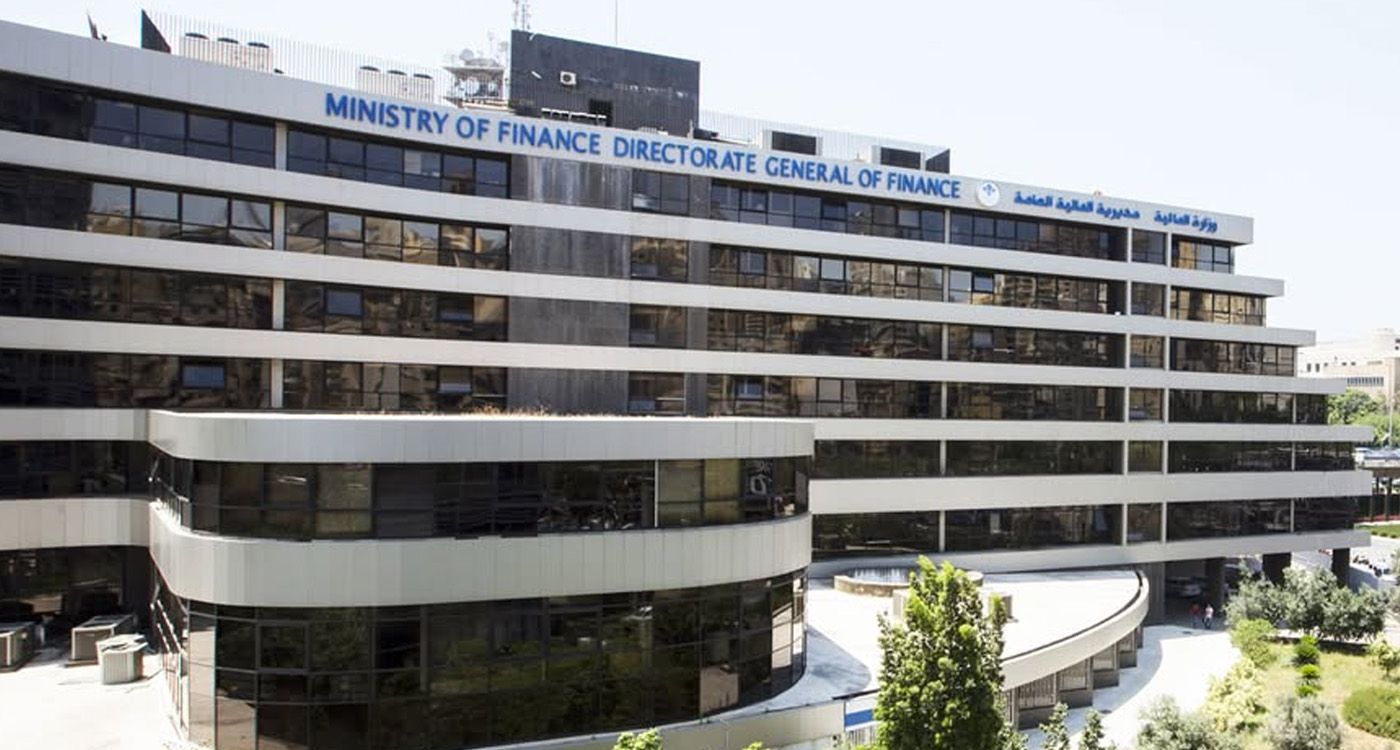
The Ministry of Finance is not just a mere step in government formation. Speaker Nabih Berri has reopened the “Taif” files, reflecting on a past that no longer has anyone to endorse or oppose.
The Ministry of Finance was indeed part of the Taif Agreement discussions, with a proposal to assign it to the Shiite community. However, this proposal was never finalized, and over the years, the Ministry has shifted between various religious communities – from Sunnis to Christians to Shiites. It was never monopolized by any one group, and there was no attempt to preserve it as a constitutional gain for any party, in order to avoid solidifying any practices related to the so-called “third signature.”
With Nawaf Salam’s appointment, the Ministry of Finance has gained greater importance, almost as if it represents the entire government. While other ministries may hold the potential for significant reforms and a broad renewal of governance, if the Ministry of Finance becomes entangled in sectarian disputes due to its association with the Amal-Hezbollah duo’s bloc, and if its approval is required for every project, we will be facing a much worse situation than before.
Liberating the Ministry of Finance from the control of the Amal-Hezbollah duo – rather than the Shiite community as a whole – marks a third victory following the presidential election and the designation of the prime minister. Hezbollah no longer holds the power to impose its choices, conditions or vetoes. It failed to impose Sleiman Frangieh, failed to reinstate Najib Mikati, and now, it is expected to lose its ability to block the government unless its demands are addressed in a reasonable manner. This is not about undermining the Shiite community, which is why Lebanese Forces leader Samir Geagea has expressed his readiness to accept a Shiite nominee for the Ministry, appointed by both the president and the prime minister-designate.
Perpetuating Amal-Hezbollah dominance would further undermine the Shiite community, which has already had to bear the heaviest consequences and a far greater price than other communities as a result of such dominance.
Liberating the Ministry of Finance from Amal and Hezbollah’s grip also frees Lebanon and the Shiite community as a whole. Ultimately, the focus should be on managing the Ministry with those who can best serve the national budget, reduce the deficit and implement economic policies that revitalize the country and attract investment. If this is achieved, it will benefit all Lebanese, regardless of religion.



Comments